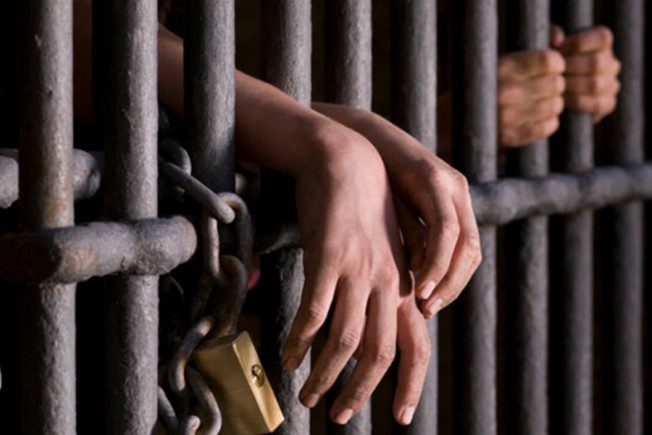Inmates and their families have voiced protests as contact visitation in Turkish prisons was not allowed for the fourth religious holiday in a row due to pandemic-related measures, the Stockholm Center for Freedom reported.
In a video message shared on Twitter, Başak Demirtaş, the wife of jailed Kurdish leader Selahattin Demirtaş, said despite the lifting of many pandemic measures, contact visits are still not allowed and the number of non-contact visits has been cut by half. “Let alone open visitation, this Eid we are not even allowed a non-contact visit. They didn’t even provide additional phone call privileges,” she said.
Önümüz Kurban Bayramı. Bayram görüşü yine yok. Her şey normalleşirken cezaevi görüşleri neden normalleşmiyor? @abdulhamitgul pic.twitter.com/WH0Wv0p4By
— Başak Demirtaş (@Basak__Demirtas) July 14, 2021
Demirtaş also said the minister of justice did not follow up on the promise he made 13 months ago to make video calls possible. “When will we have a normalization in prisons?” she asked.
According to the Bold Medya news website, Ali Haydar Hakverdi, a lawmaker from the main opposition Republican People’s Party (CHP), protested the ban on contact visitation in a session of the parliamentary Human Rights Committee.
“Guards and other officials in prisons are all vaccinated. … People are vaccinated, too,” Hakverdi said. “… contact visitations have not been allowed for a very long time, but they could have been allowed this Eid.”
In response, Deputy Director for Prisons and Detention Centers Mehmet Yılmaz said the pandemic was not over and that they continued vaccination efforts in prisons. “As of now 75 percent of the prison population has received their first dose,” he said.”
According to Yunus Alkaç, director general of Prisons and Detention Centers, 50 inmates have died of COVID-19 in Turkey’s prisons since the outbreak of the coronavirus pandemic in the country in March 2020.
The Turkish parliament passed an early parole law on April 14 aimed at reducing the inmate population of the country’s overcrowded prisons due to the coronavirus pandemic. Yet, the legislation excluded political prisoners, including opposition politicians, journalists, lawyers, academics and human rights defenders convicted under the country’s controversial counterterrorism laws. The law prompted calls from the UN, the EU and rights groups for the non-discriminatory reduction of prison populations.
